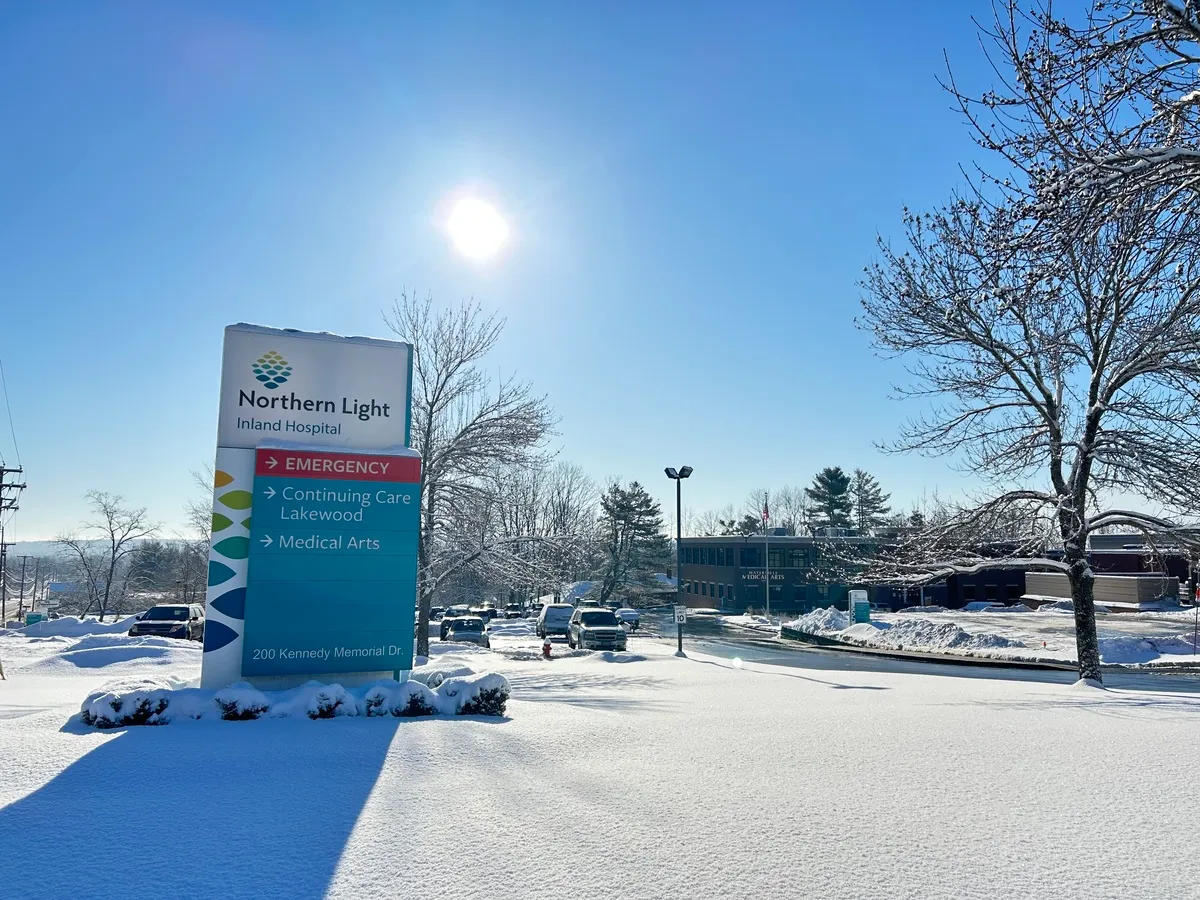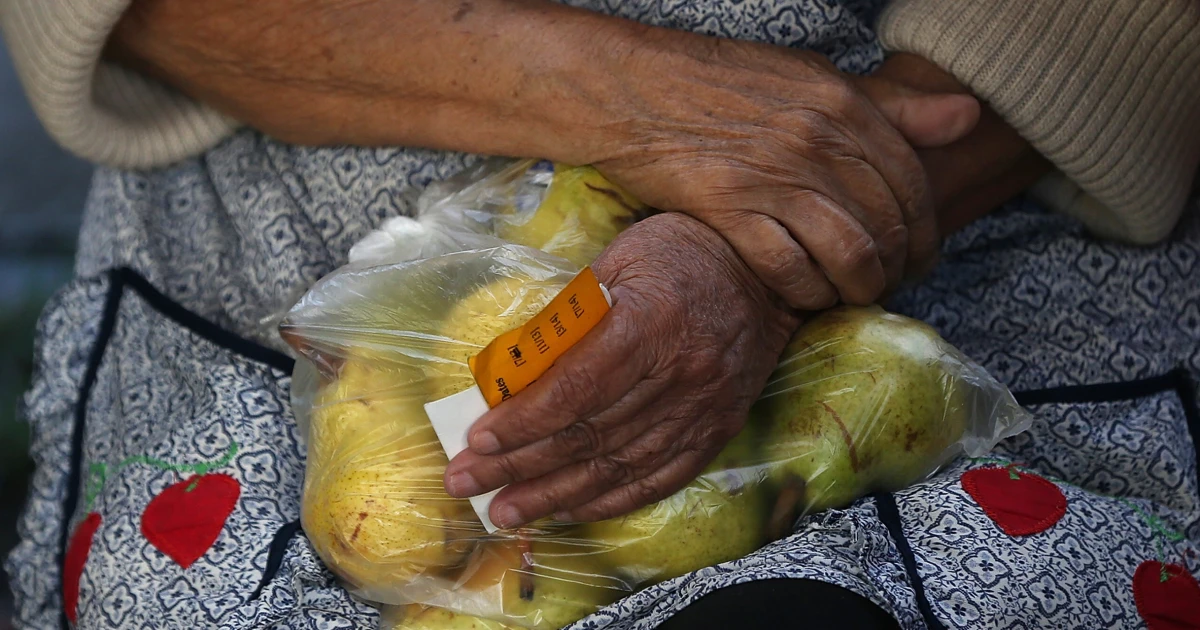Copyright Bangor Daily News

The BDN Opinion section operates independently and does not set news policies or contribute to reporting or editing articles elsewhere in the newspaper or on bangordailynews.com Erin Roberts-McCarthy of Glenburn is an adjunct professor of health informatics at Rutgers School of Health Professions and a healthcare data scientist specializing in real-world evidence research. She previously worked on Medicaid program evaluation for the New York State Department of Health. When Northern Light Inland Hospital in Waterville closed its doors in June, it wasn’t just another news story. It was a warning sign that should alarm every rural Mainer. As someone who has spent a decade analyzing healthcare data across 300 million patient records — including work on Medicaid program evaluation for the New York State Department of Health — I can tell you with certainty: What happens in Washington directly determines whether your local hospital stays open, whether your neighbor can afford their medications, and whether you’ll have access to care when you need it most. The numbers tell a stark story. The federal budget reconciliation law passed in July will strip an estimated $5 billion from Maine’s healthcare system over the next decade. Half of Maine’s 24 rural hospitals are now at immediate risk of closure. More than 40,000 Mainers are expected to lose their MaineCare coverage. For rural communities already struggling with workforce shortages, an aging population, and the opioid crisis, these cuts aren’t abstract policy debates — they’re existential threats. Here’s what federal policy changes mean for your community: When Congress tightens Medicaid eligibility and adds work requirements, approximately 90,000 Maine adults must now document 80 hours of work monthly or lose coverage. In communities where seasonal work dominates — fishing, tourism, forestry — this becomes nearly impossible to track consistently. When people lose coverage, they don’t stop getting sick. They show up at emergency rooms with advanced illnesses that could have been prevented, driving up costs for everyone and pushing struggling hospitals closer to insolvency. The domino effect is already underway. Maine hospitals are waiting years for MaineCare reimbursements, with some owed over $100 million for care already provided. When federal cuts reduce state revenue and increase administrative burdens, these delays worsen. Rural hospitals operate on razor-thin margins — many have less than 30 days of cash on hand. Each closure means longer drives for emergency care, reduced access to obstetric services, and fewer local jobs in communities that can’t afford to lose them. As a data scientist who has worked on real-world evidence studies for pharmaceutical companies and public health agencies, I’ve seen how federal decisions ripple through healthcare systems. When the Center for Disease Control and Prevention’s structure is weakened or vaccine programs are questioned, state health departments lose critical support for disease surveillance and outbreak response. When Medicaid funding is capped, states must choose between cutting benefits, reducing provider payments, or increasing taxes — none of which help rural communities thrive. Rural Maine faces unique challenges that federal policymakers often overlook. Transportation barriers, provider shortages, and the geographic isolation that makes our communities special also make us vulnerable when healthcare infrastructure crumbles. We have 18 critical access hospitals specifically designated to serve rural populations, but this federal protection means nothing if funding disappears. The good news is that Maine is fighting back. Our state is applying for Rural Health Transformation Program funding and exploring innovative care models. But federal funding is the foundation everything else builds upon. We need Washington to understand that cutting Medicaid doesn’t just affect “those people,” it affects your grandmother who needs dialysis, your nephew with diabetes, your friend recovering from addiction, and the nurse practitioner who chose to practice here instead of Portland. This isn’t about politics — it’s about survival. Rural healthcare is economic infrastructure. When hospitals close, businesses leave. Young families move away. Communities that have thrived for generations face an uncertain future. We must demand that our representatives in Washington protect rural healthcare funding, simplify rather than complicate Medicaid eligibility, and ensure timely reimbursement to providers. Call Sens. Susan Collins and Angus King. Call Rep. Jared Golden. Tell them that federal policy isn’t an abstraction — it’s whether your neighbor lives or dies, whether your hospital stays open, and whether rural Maine has a future. Washington may write the checks, but we pay the price when those checks don’t come. It’s time to make our voices heard before another hospital closes its doors for good.



